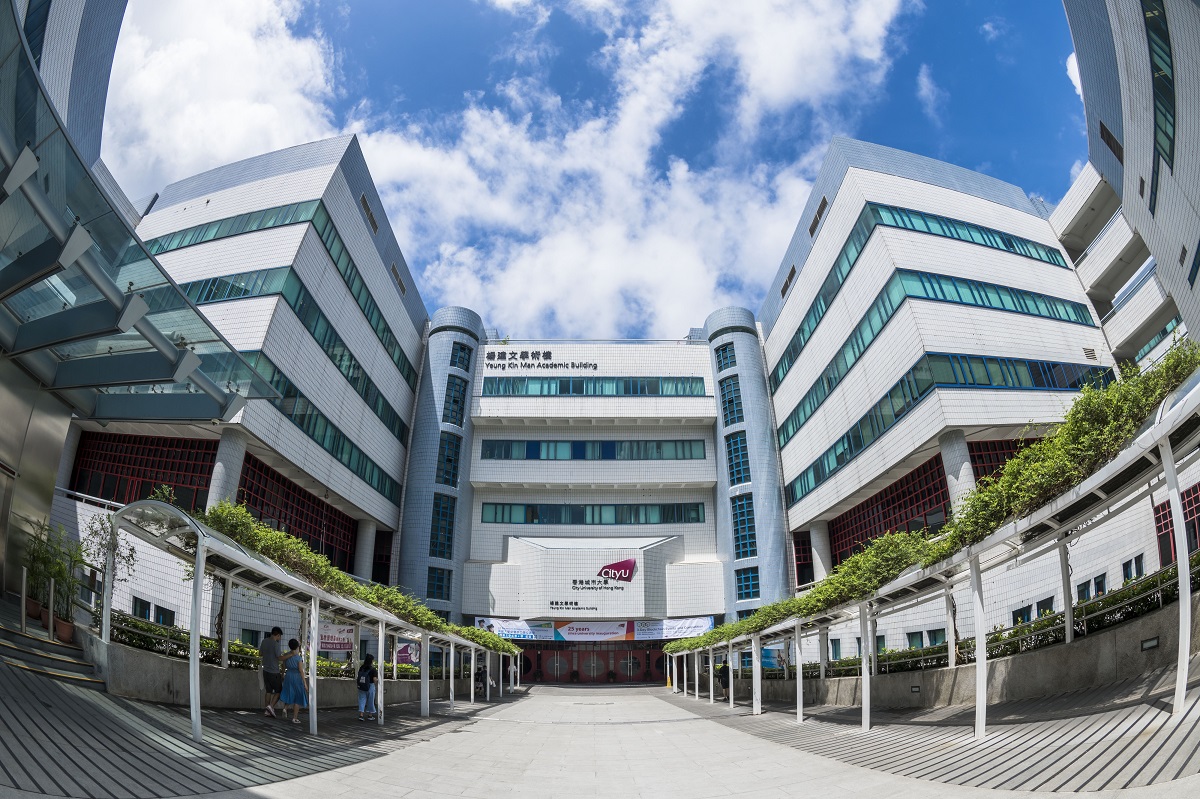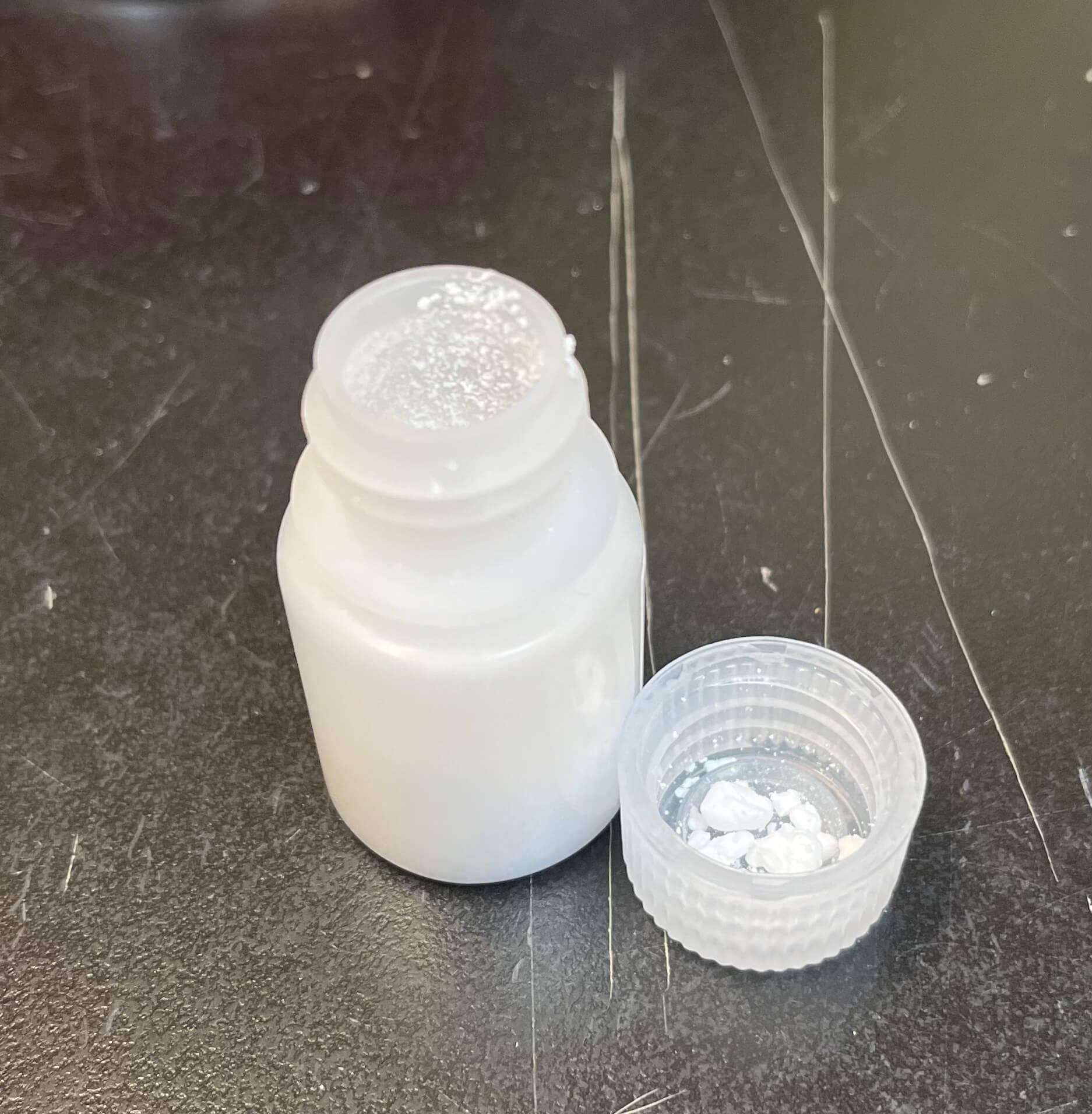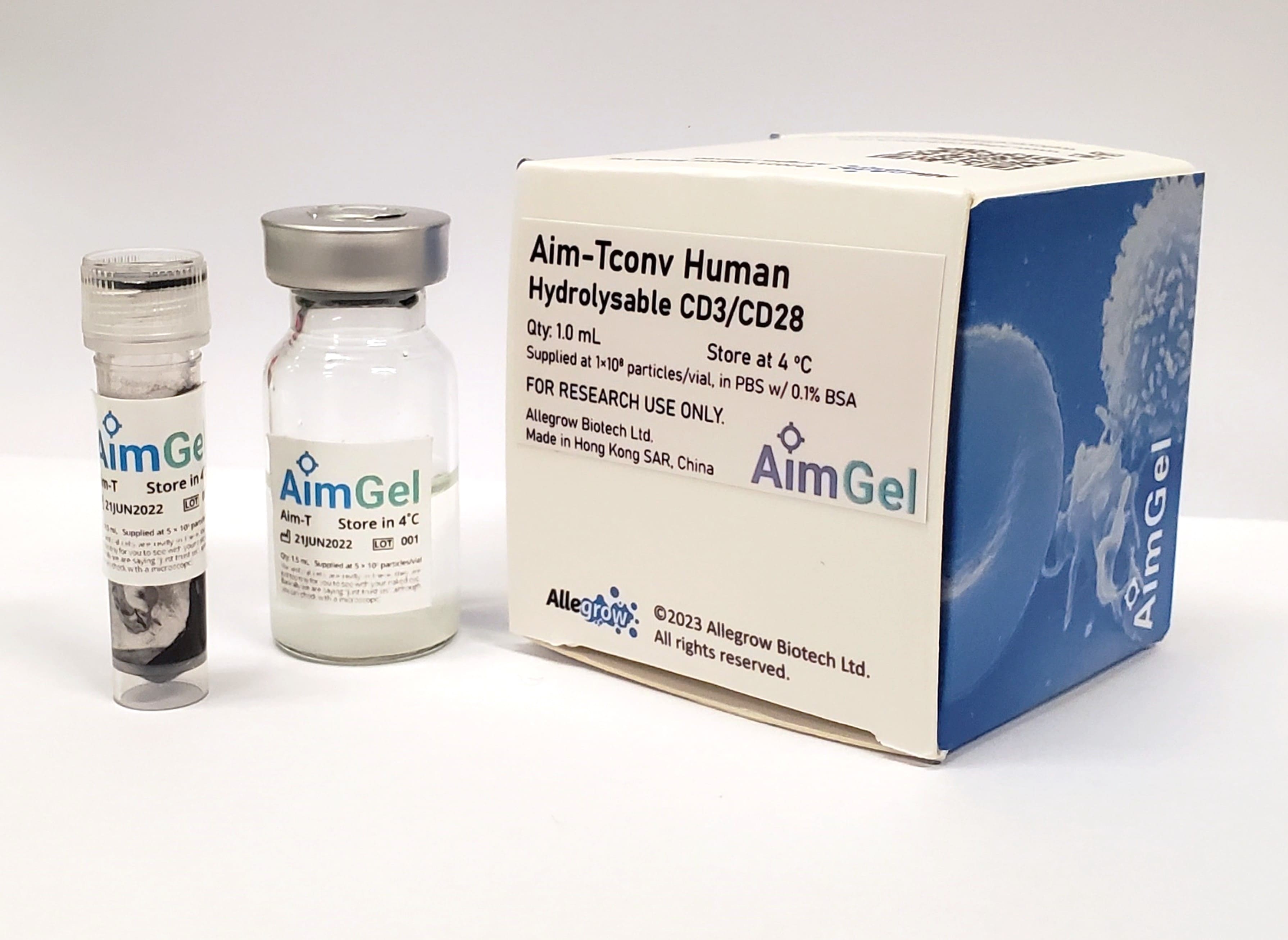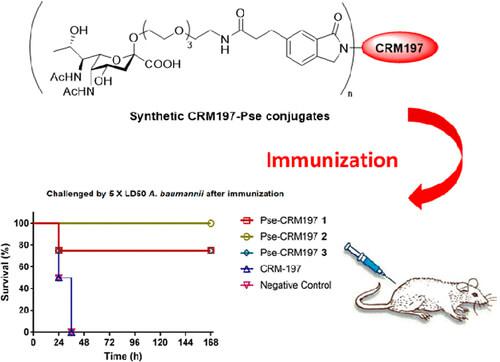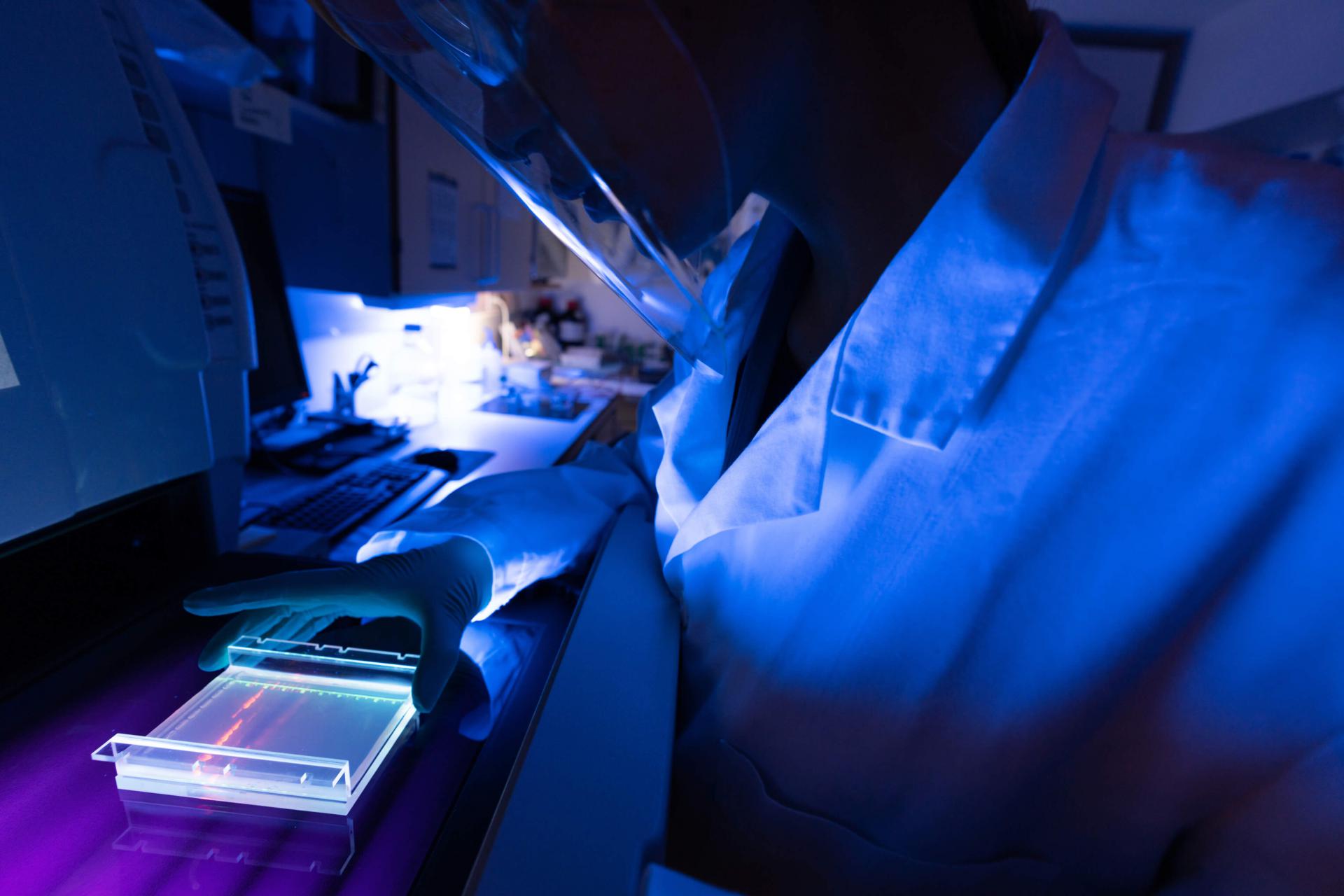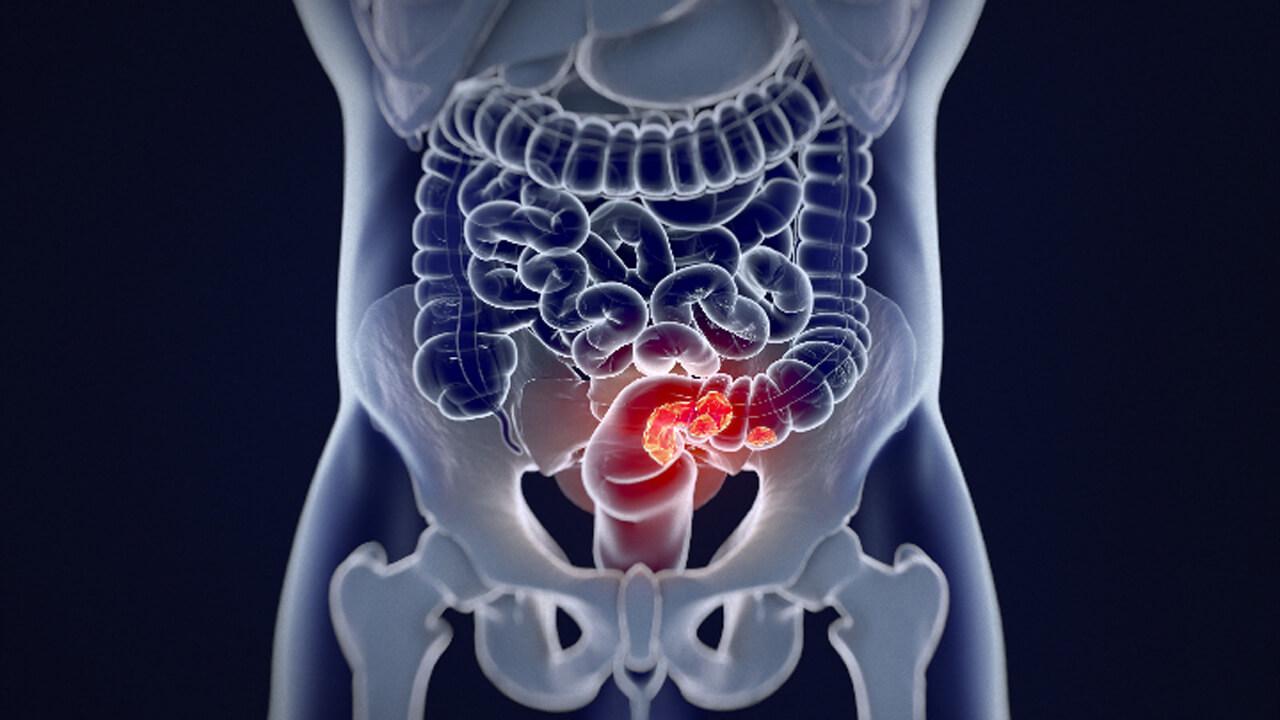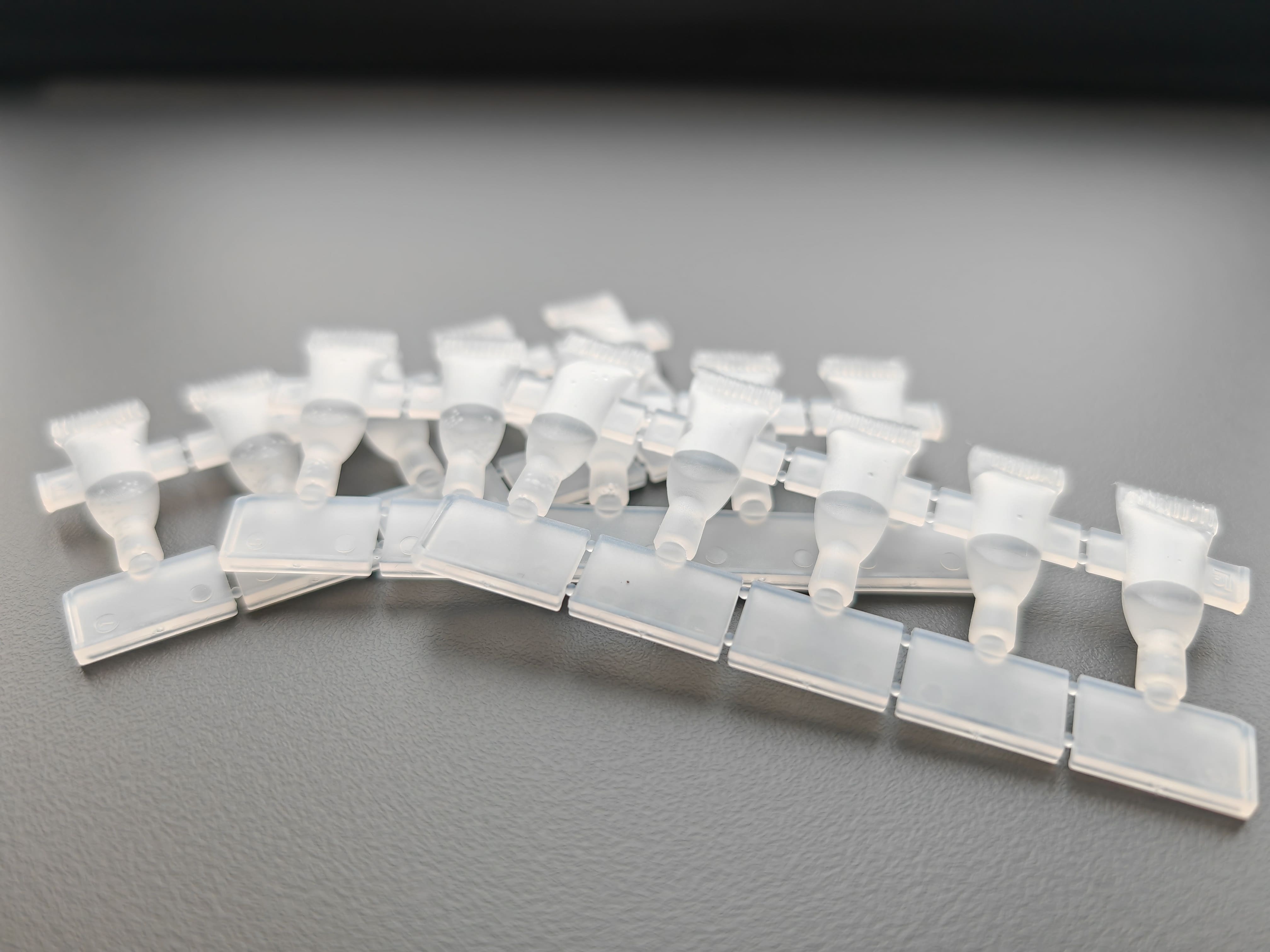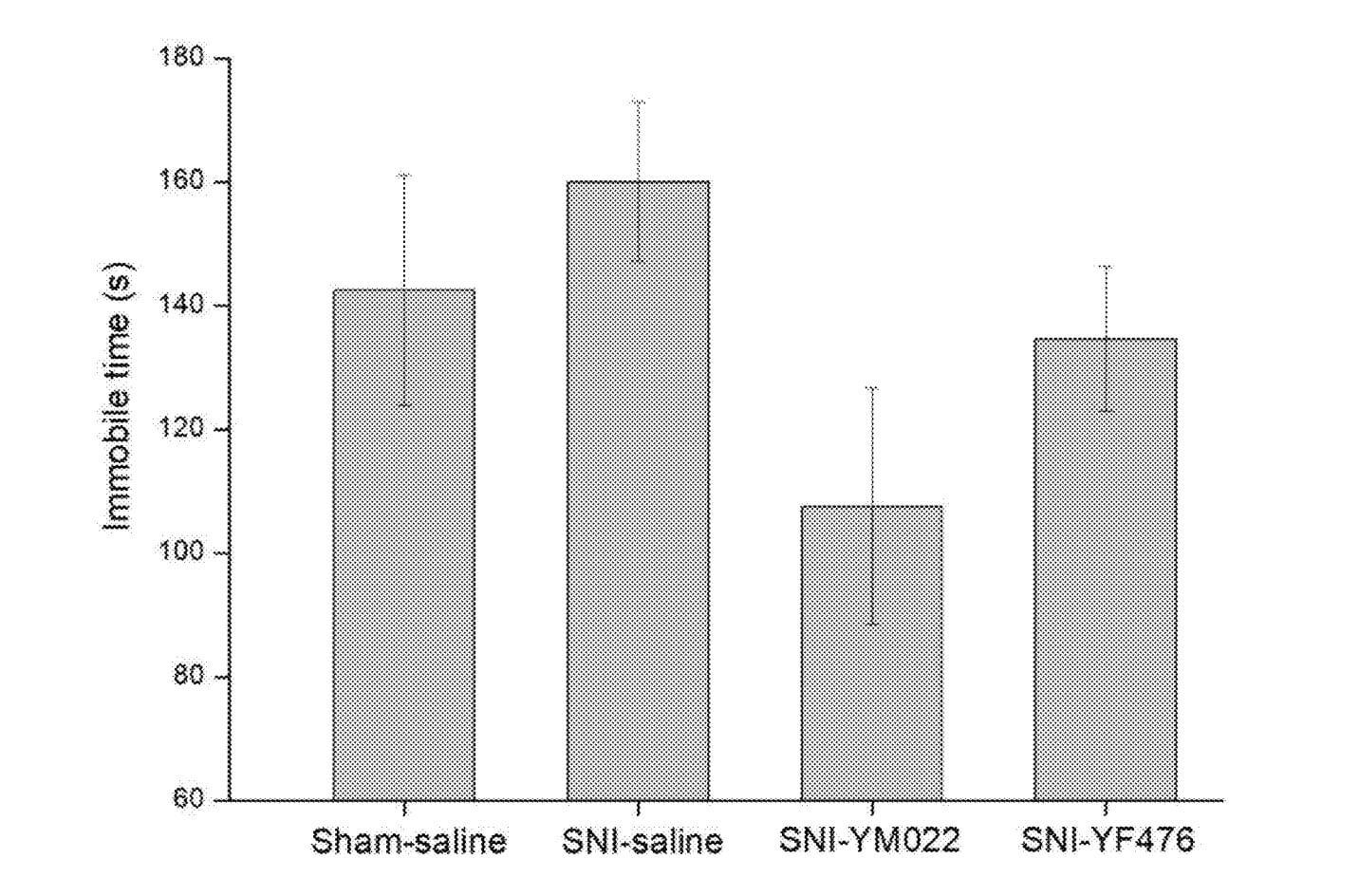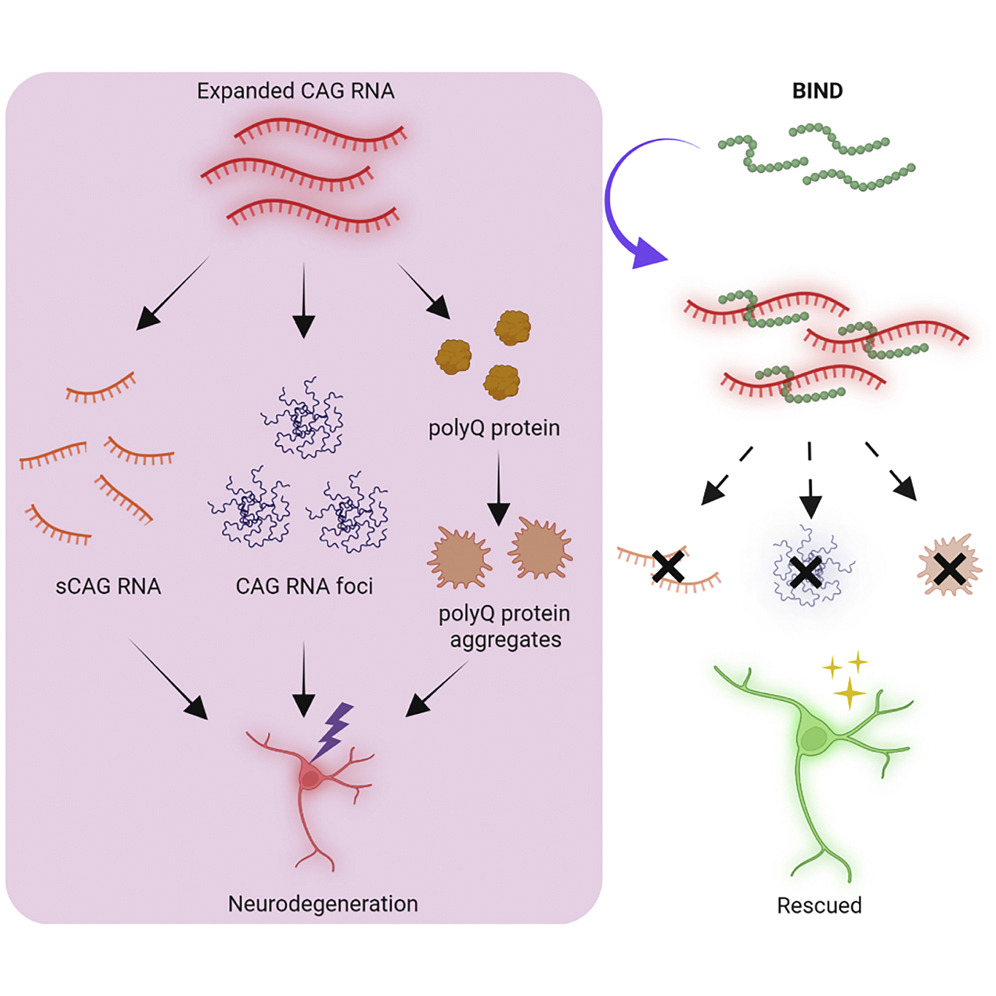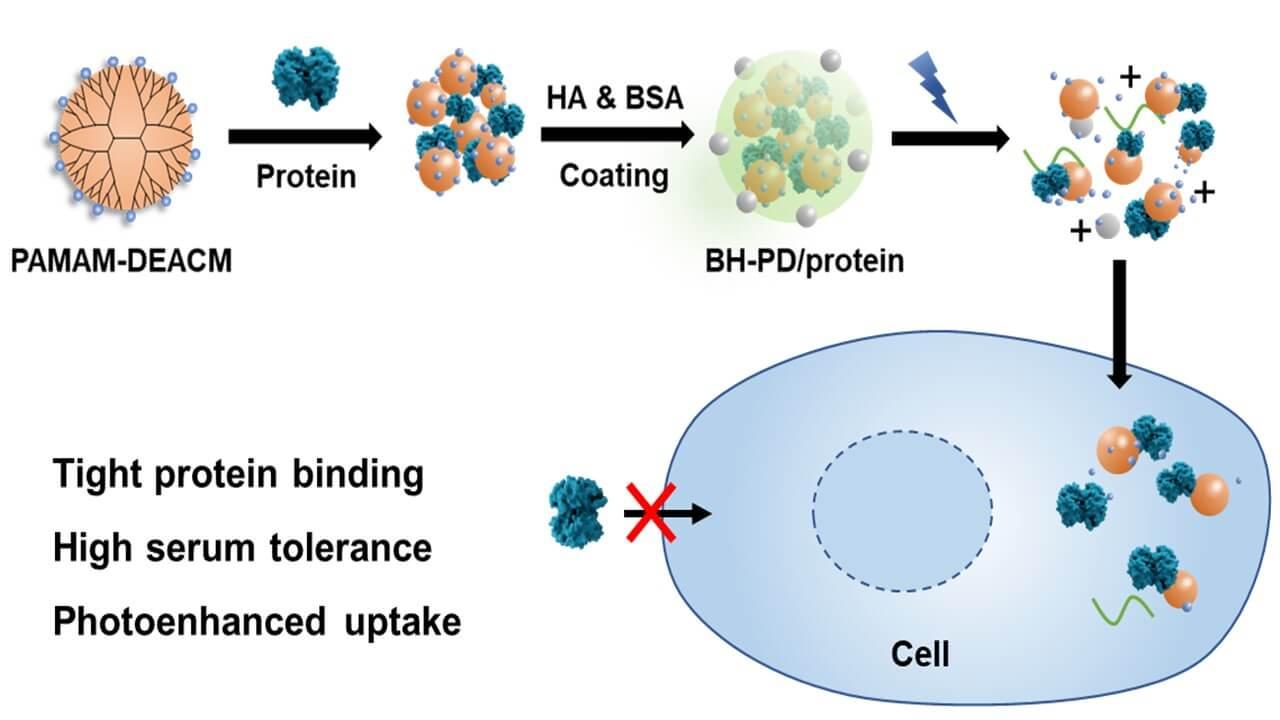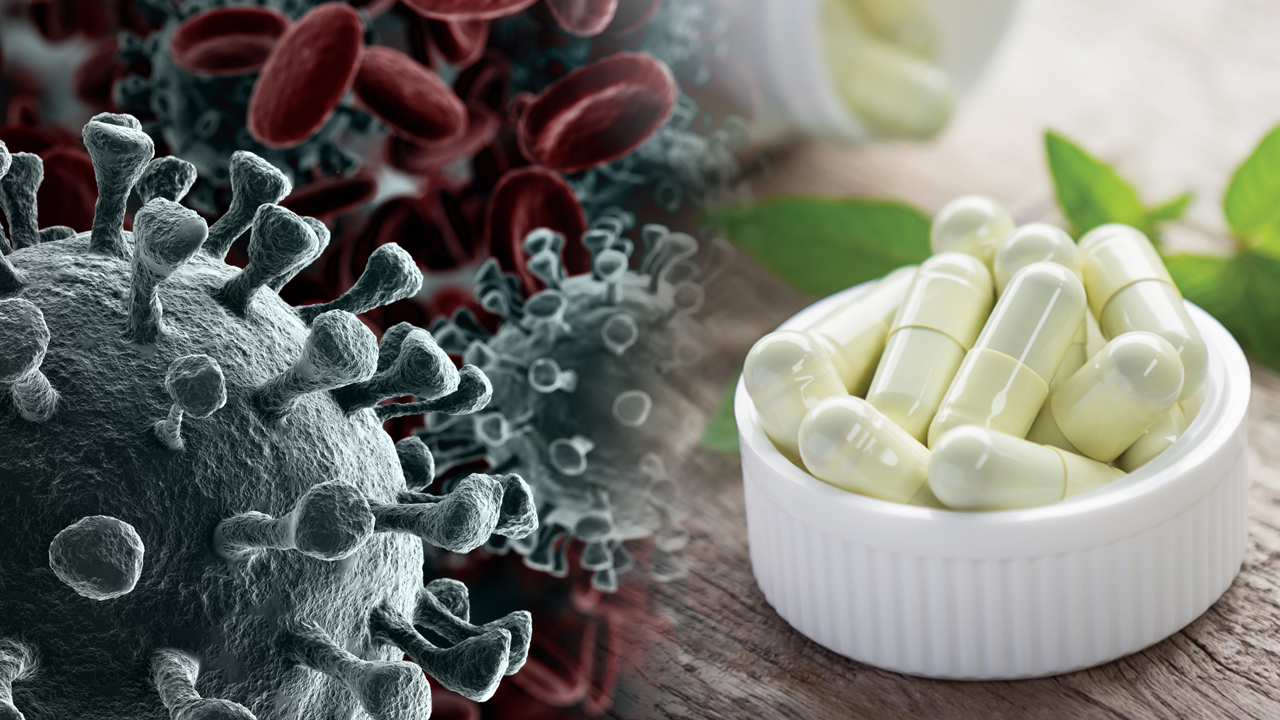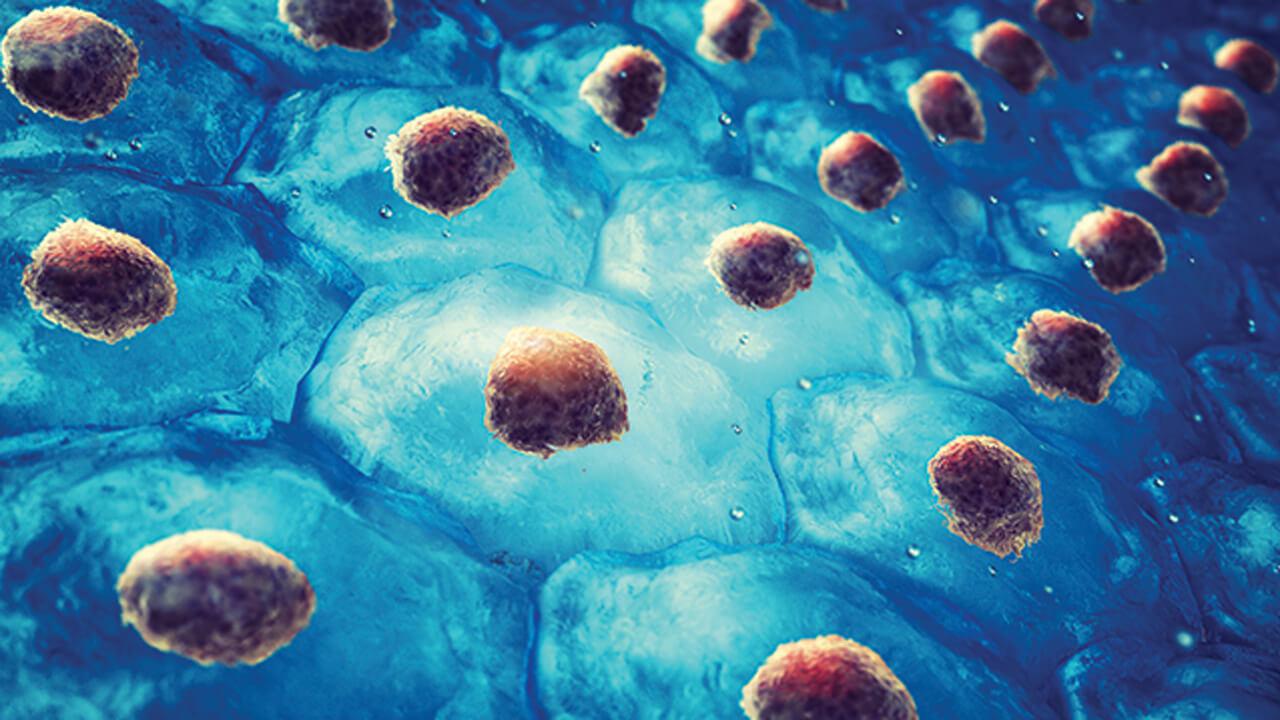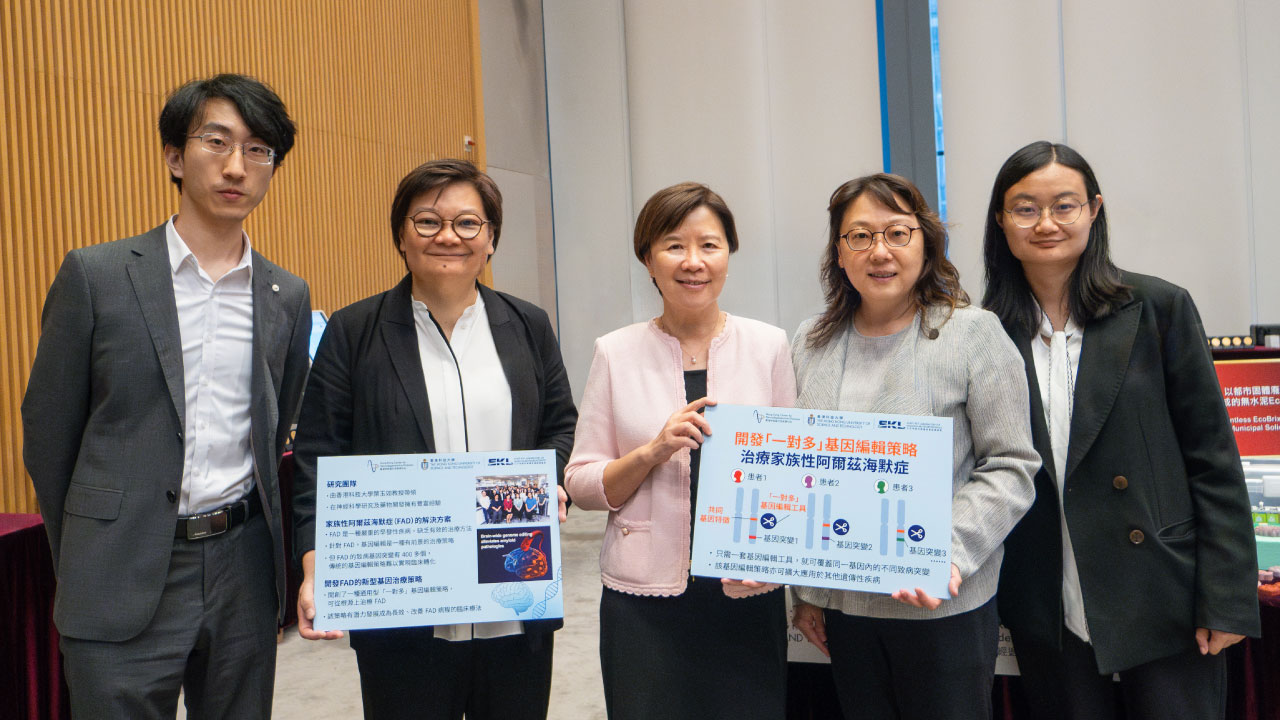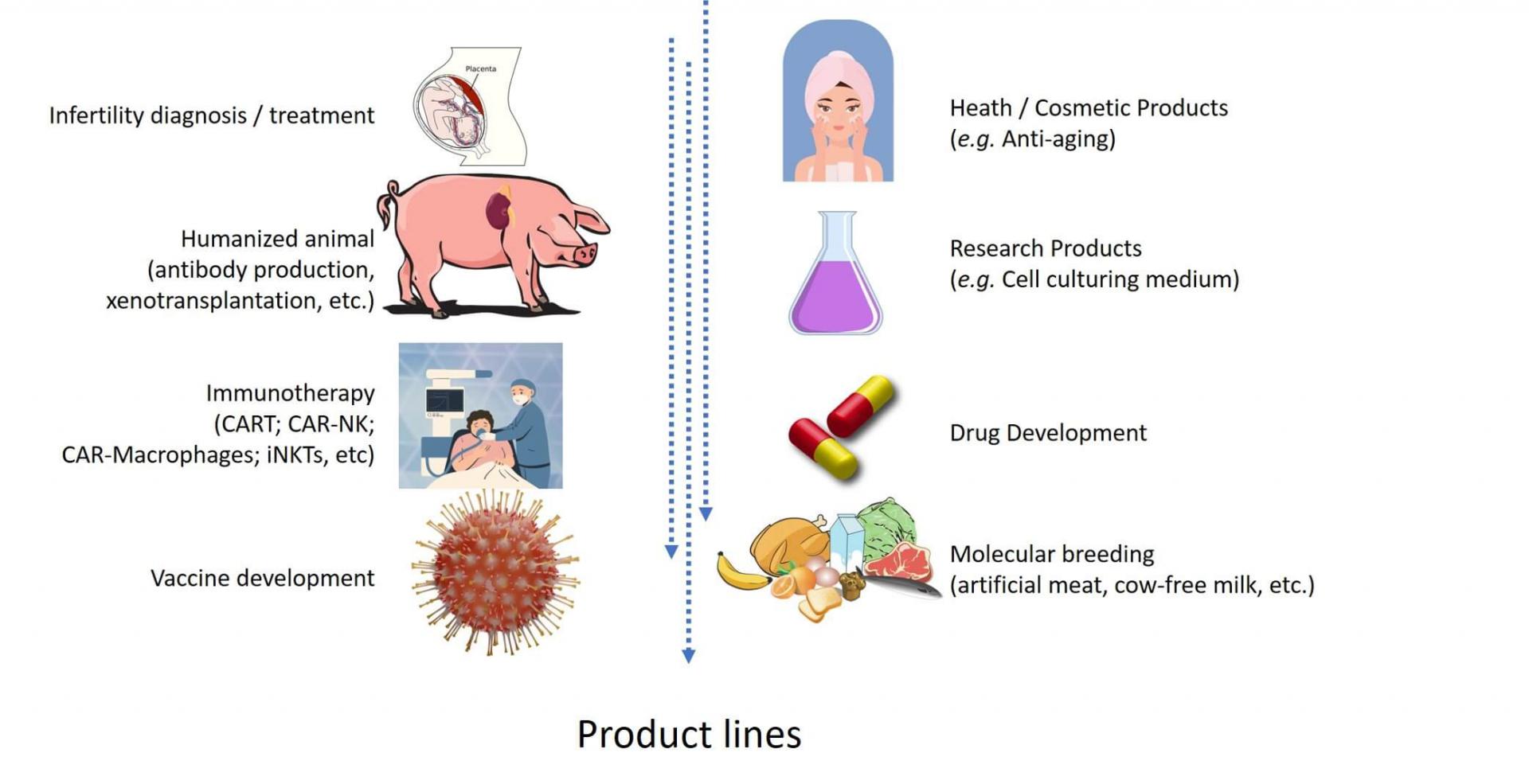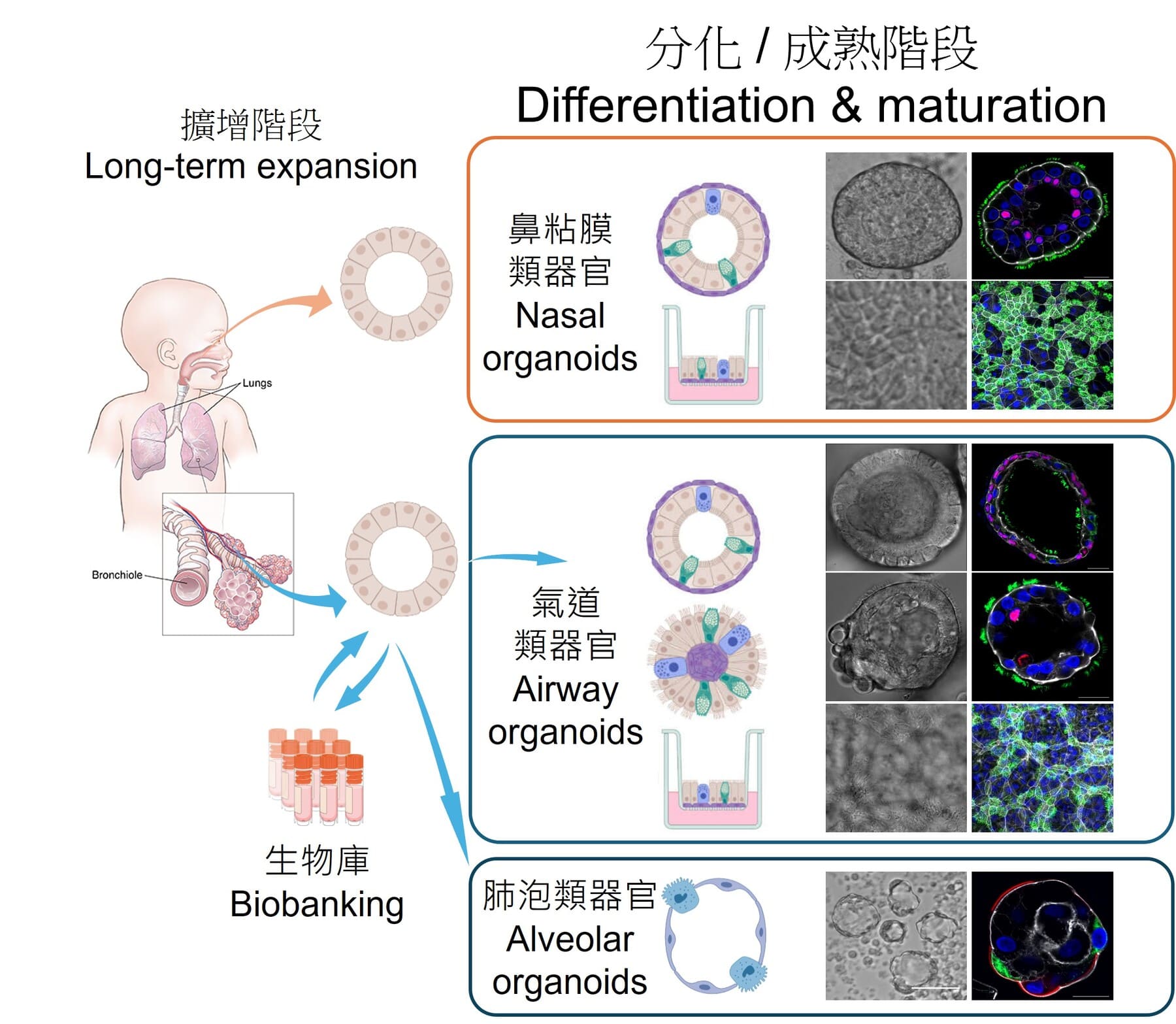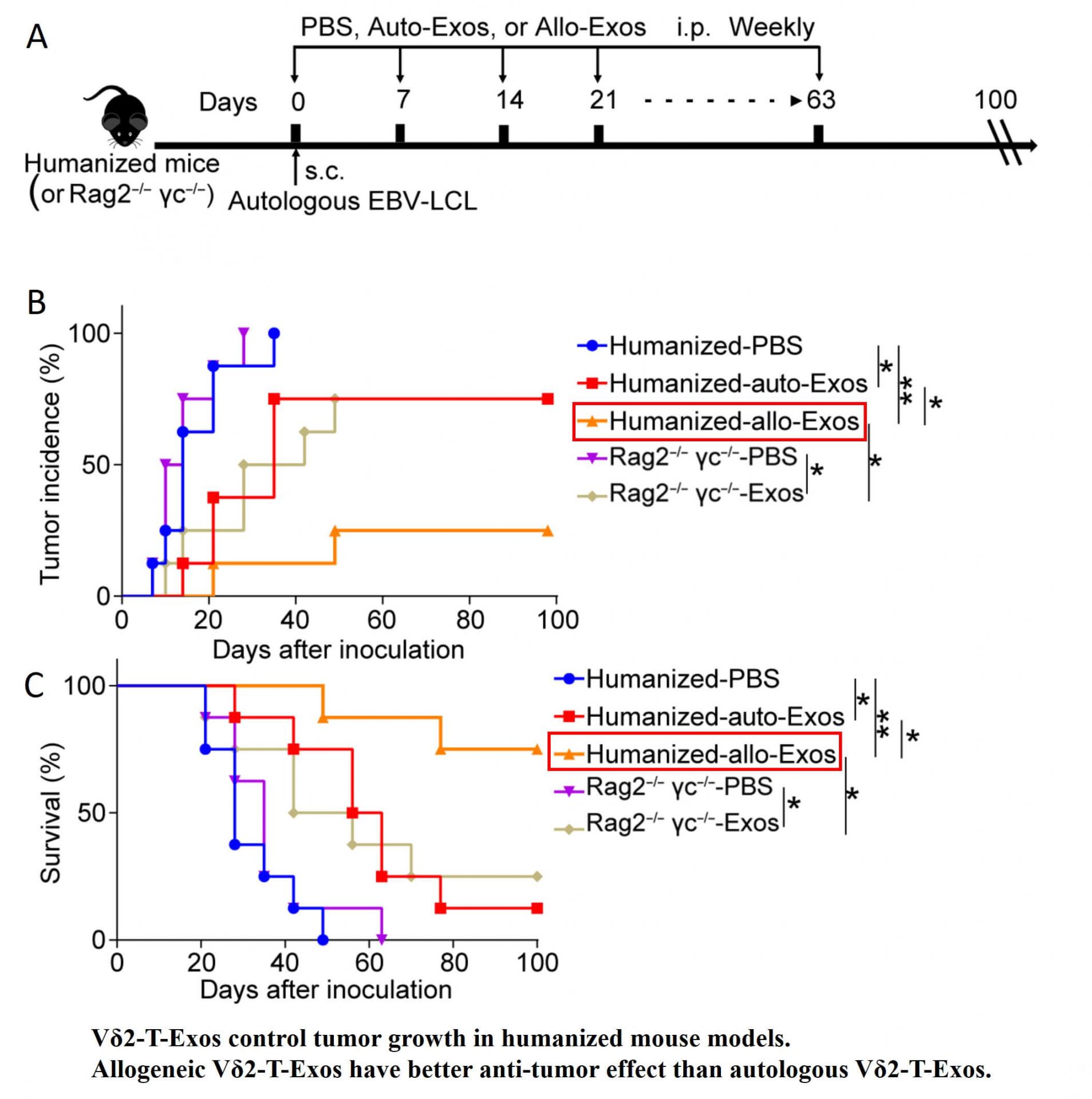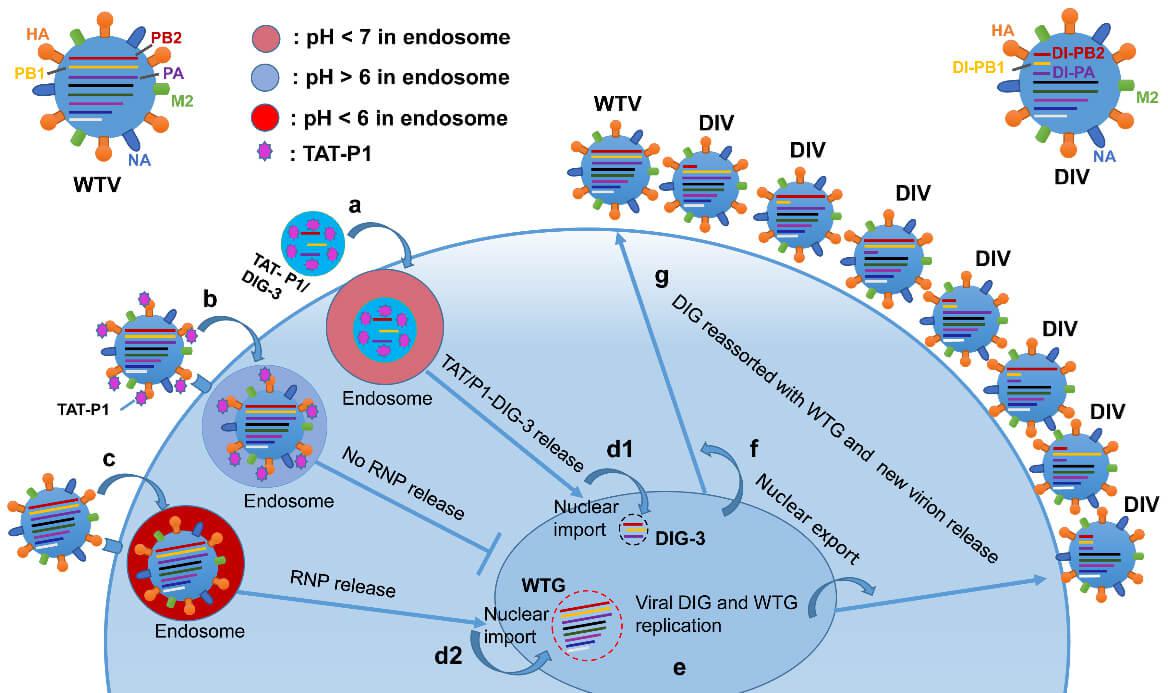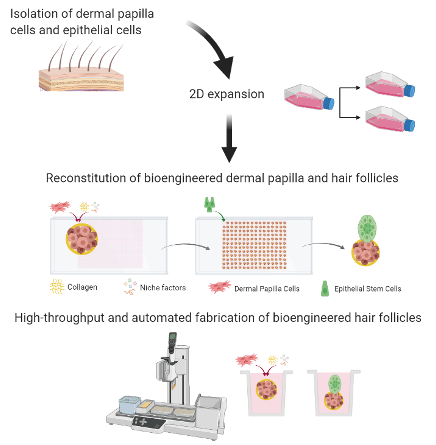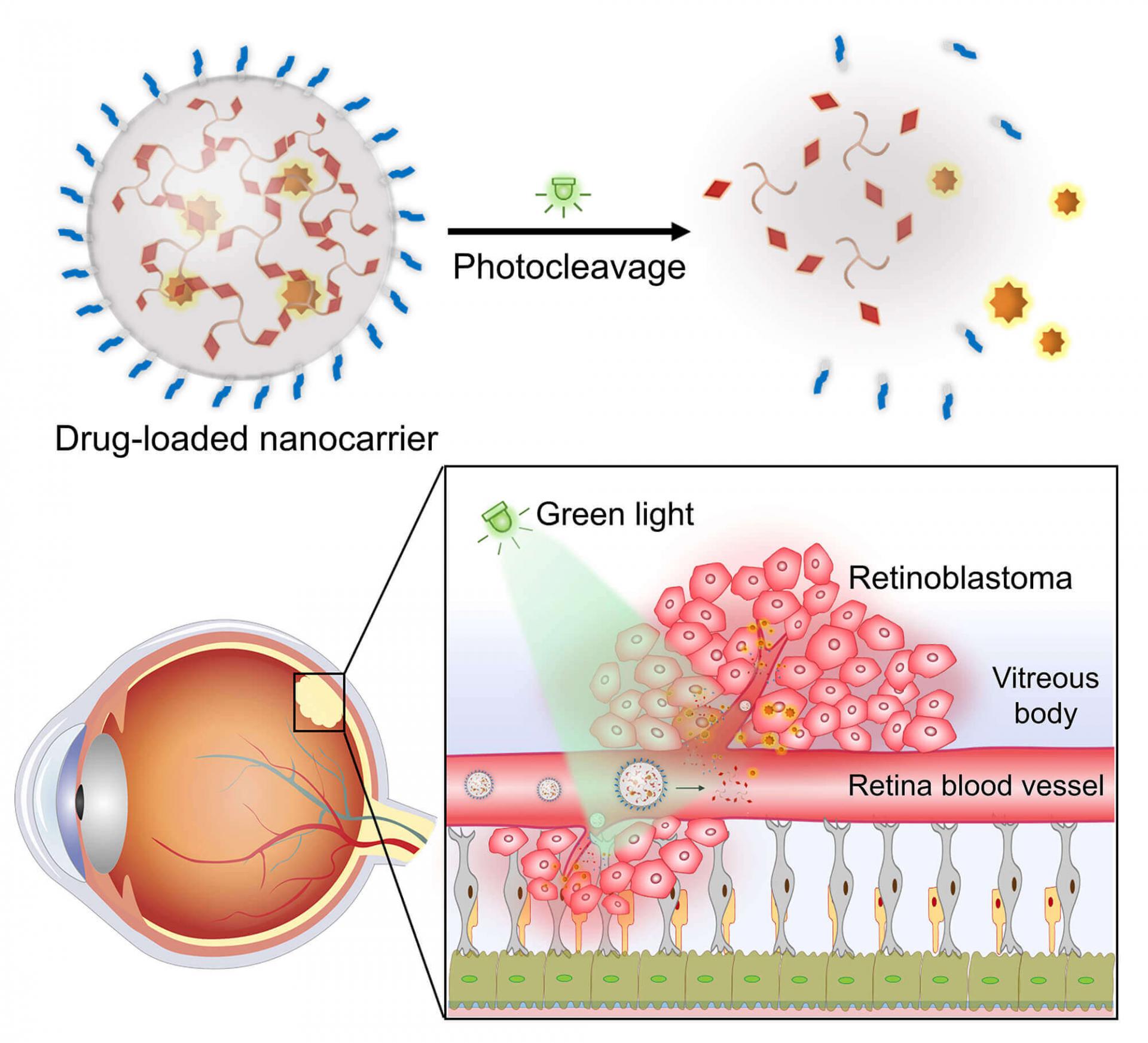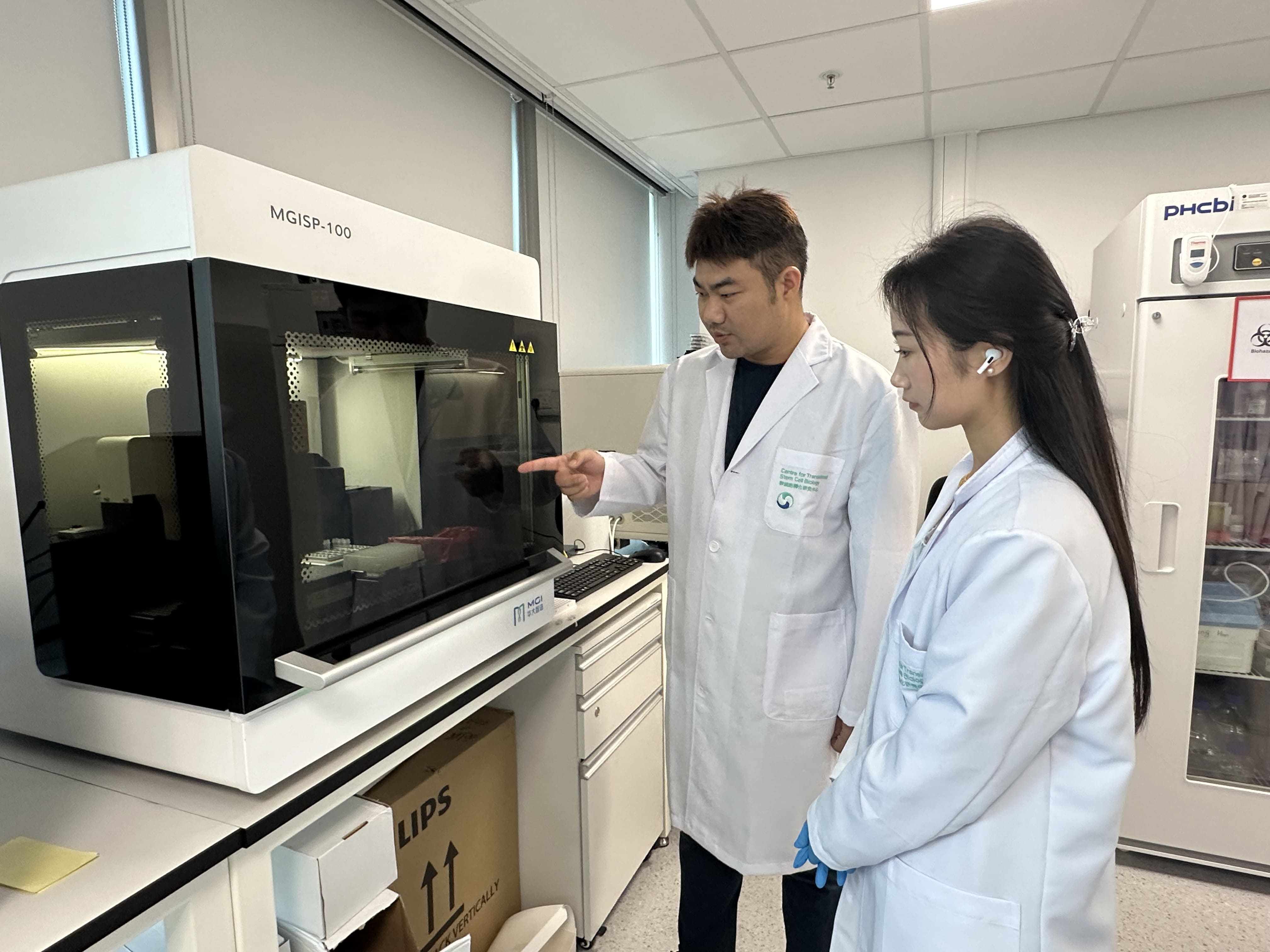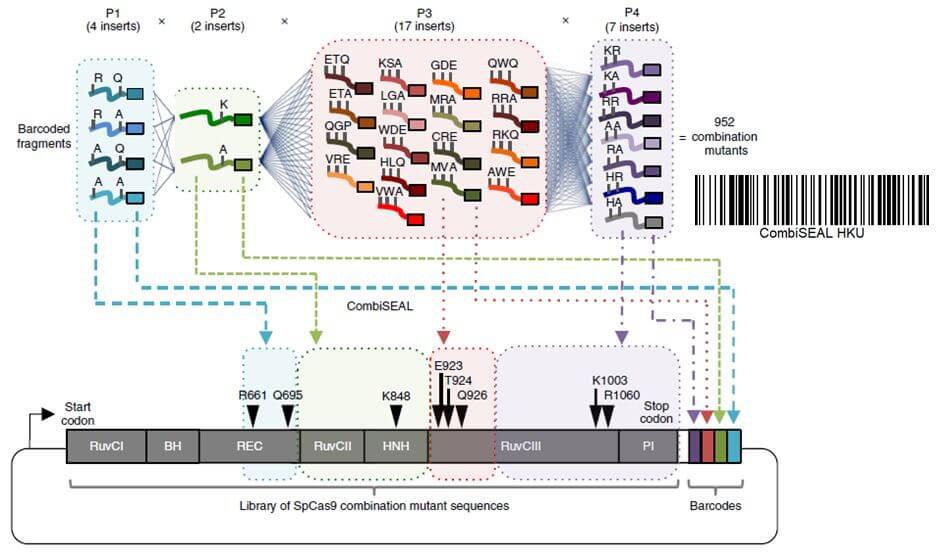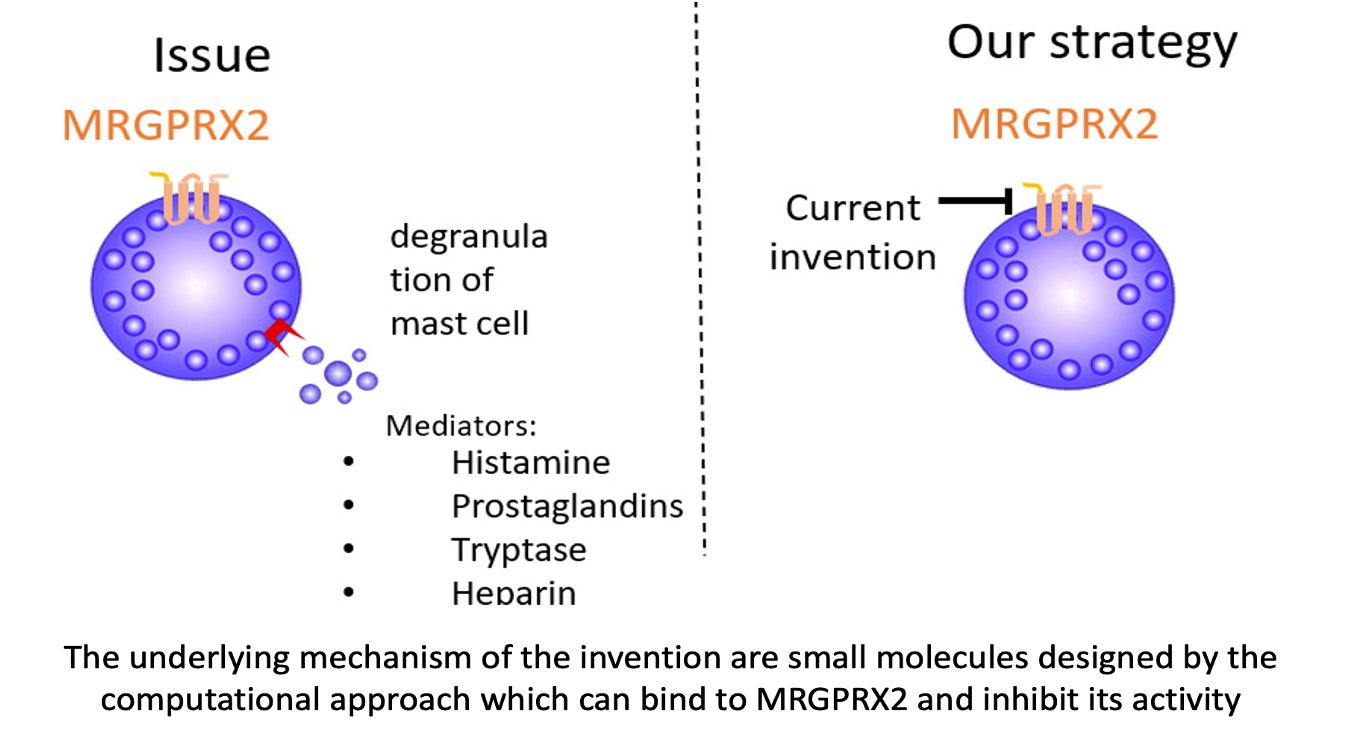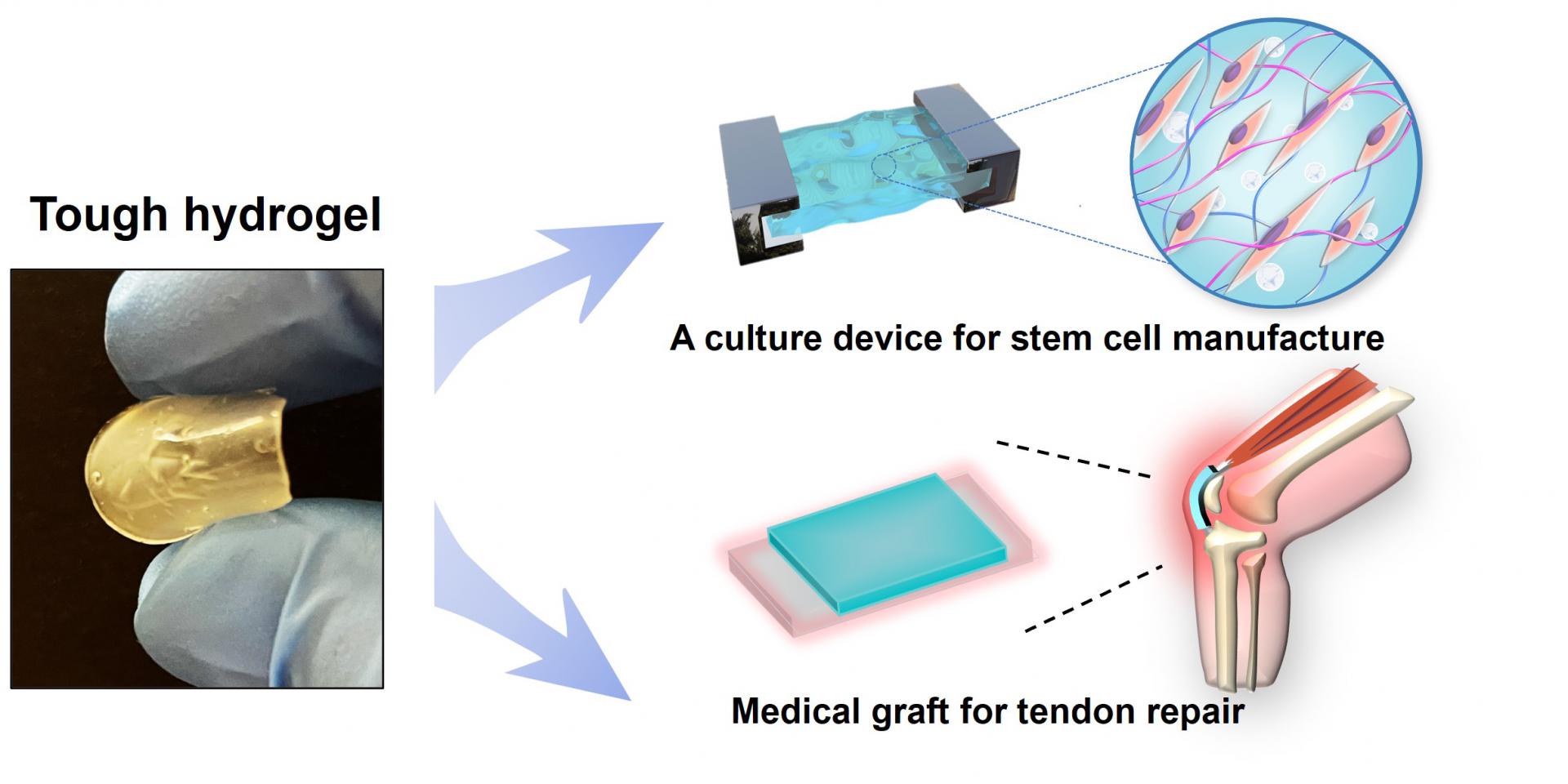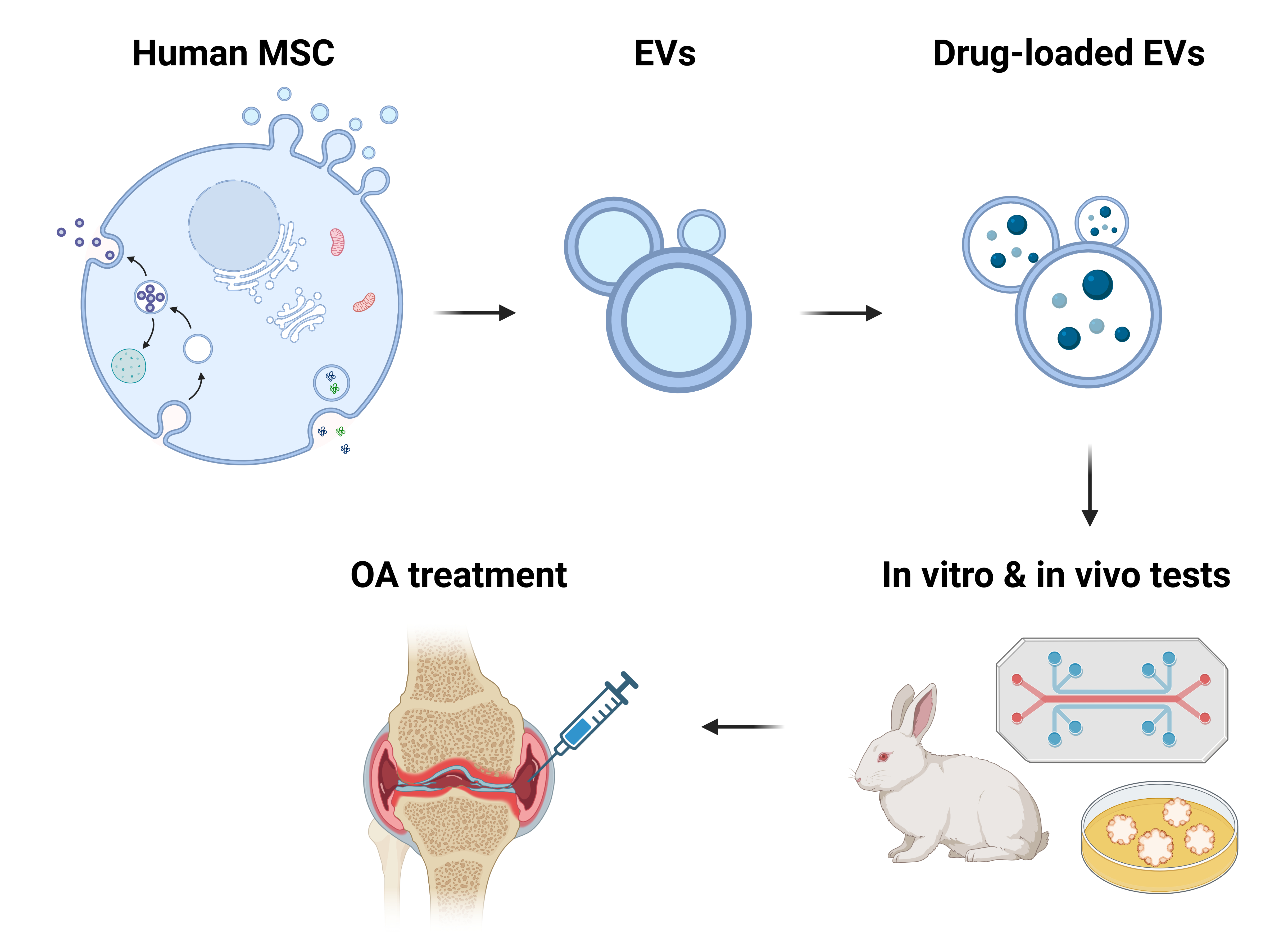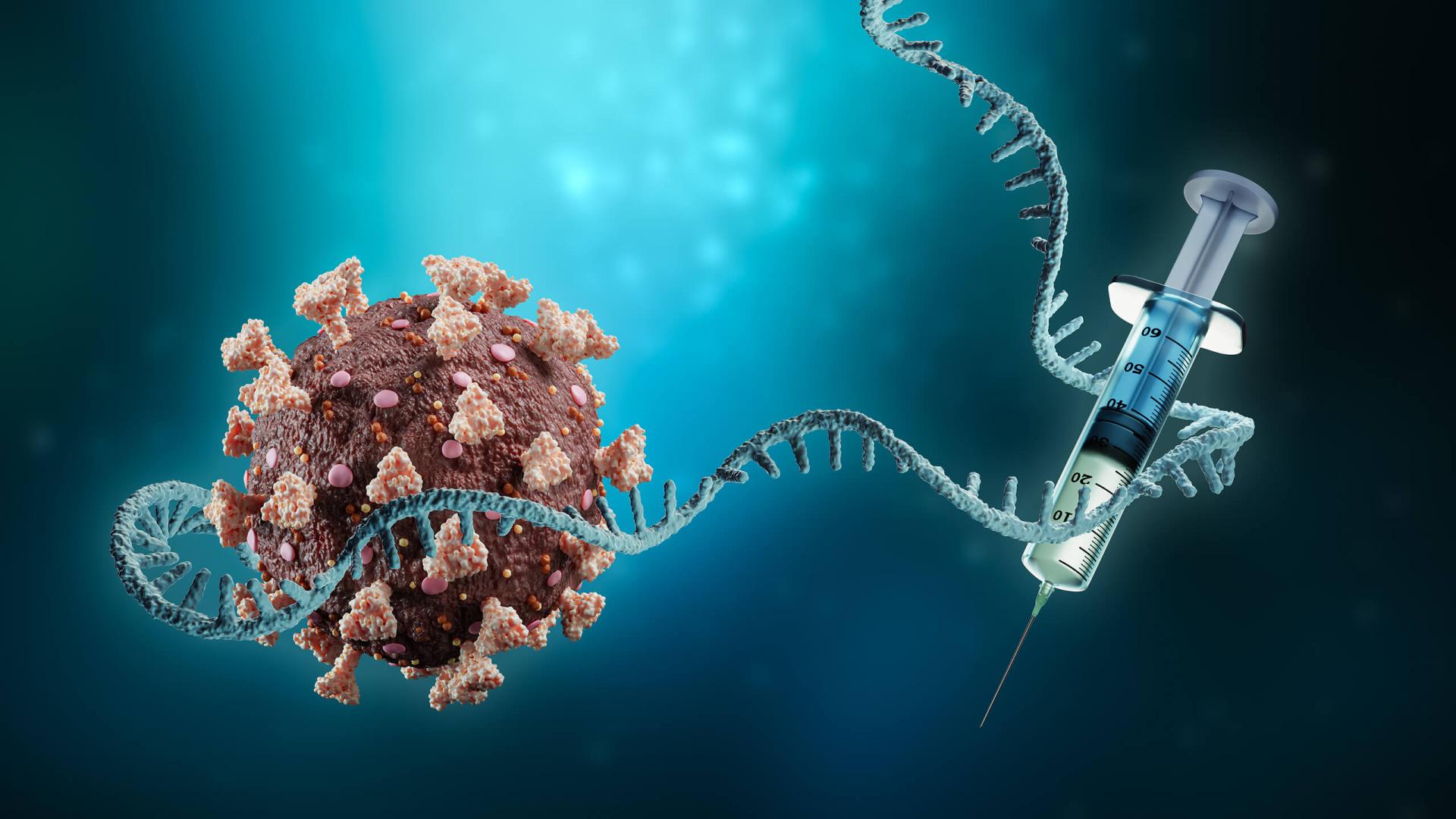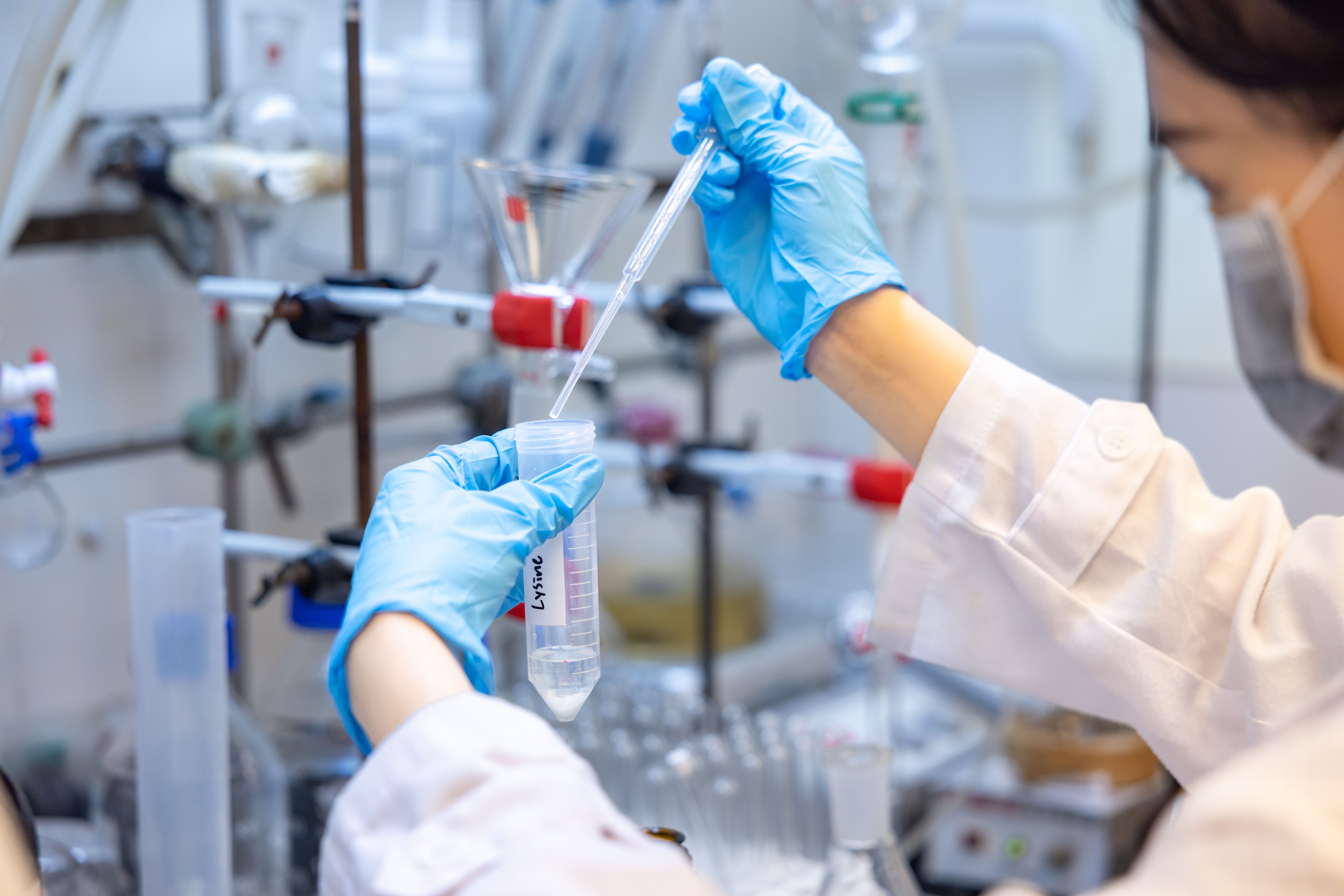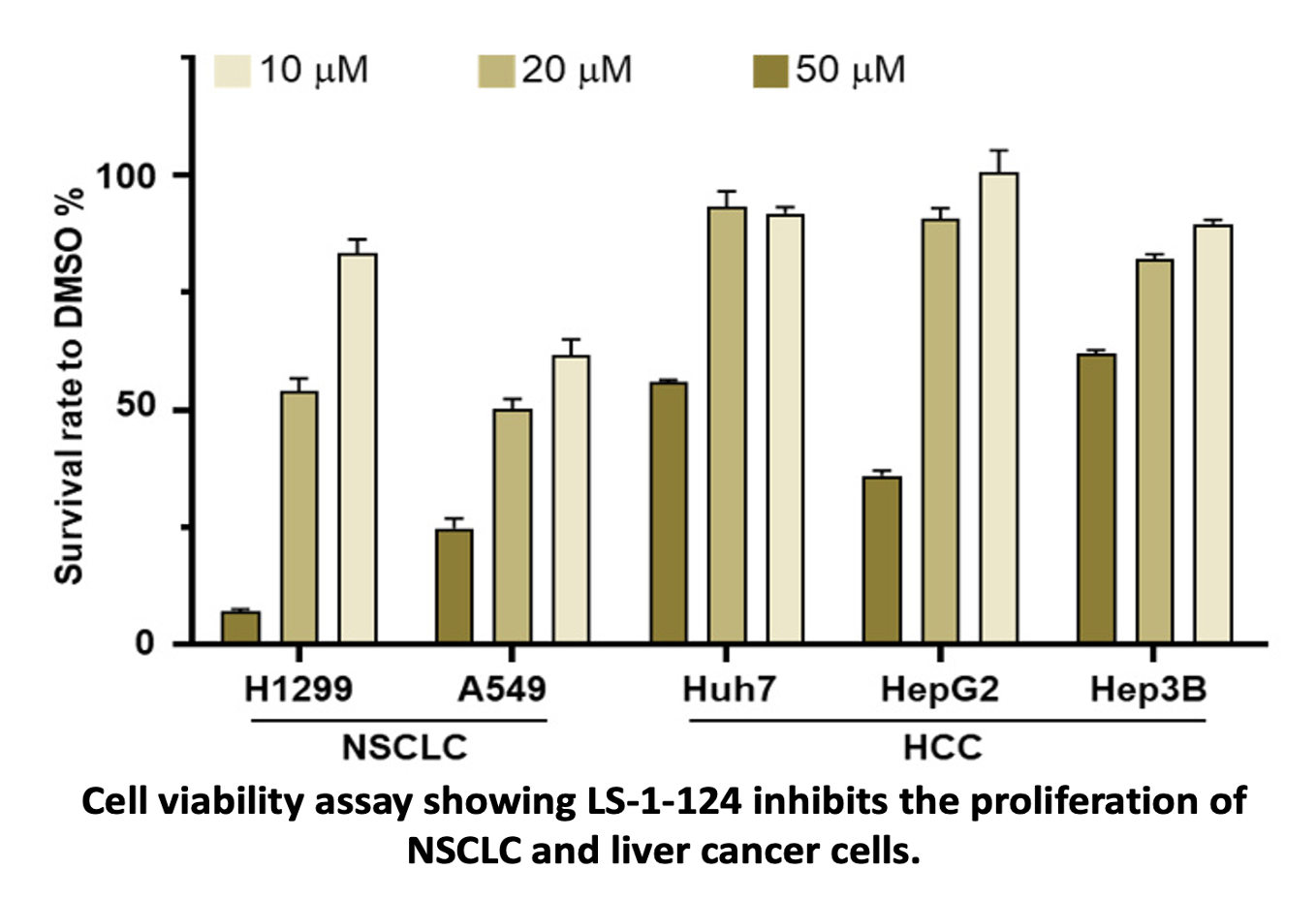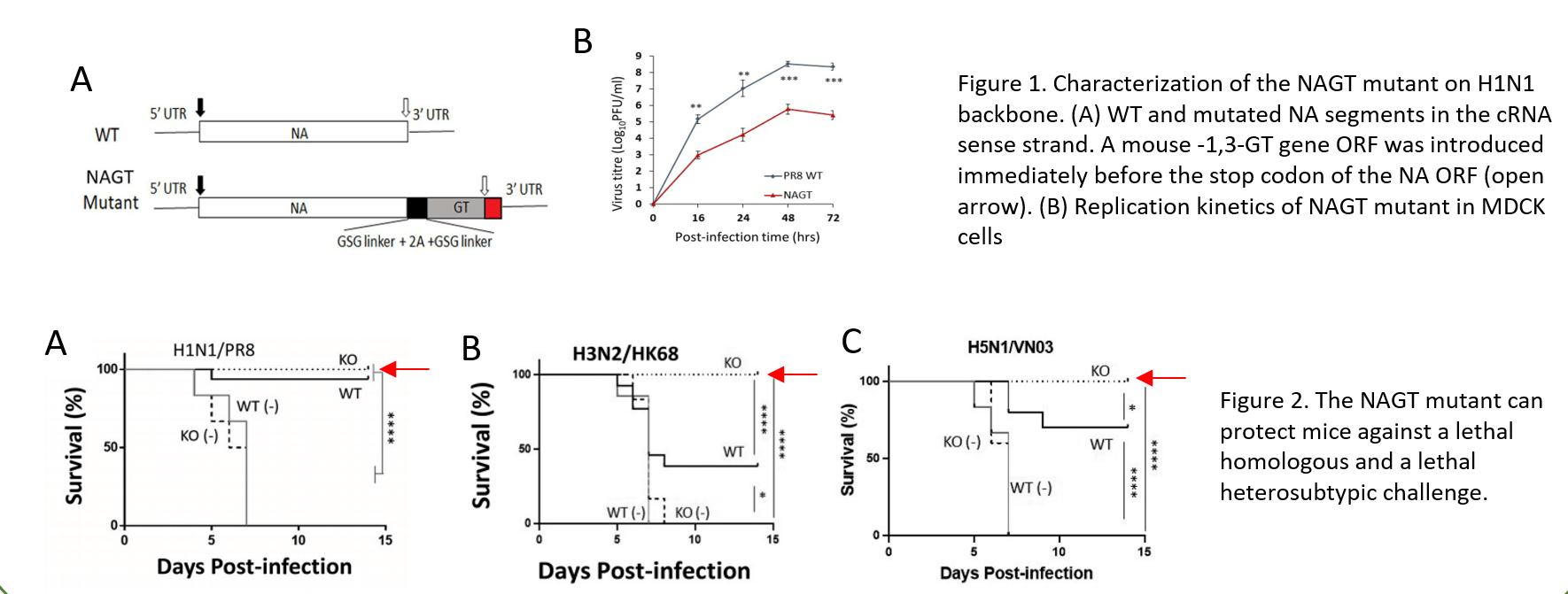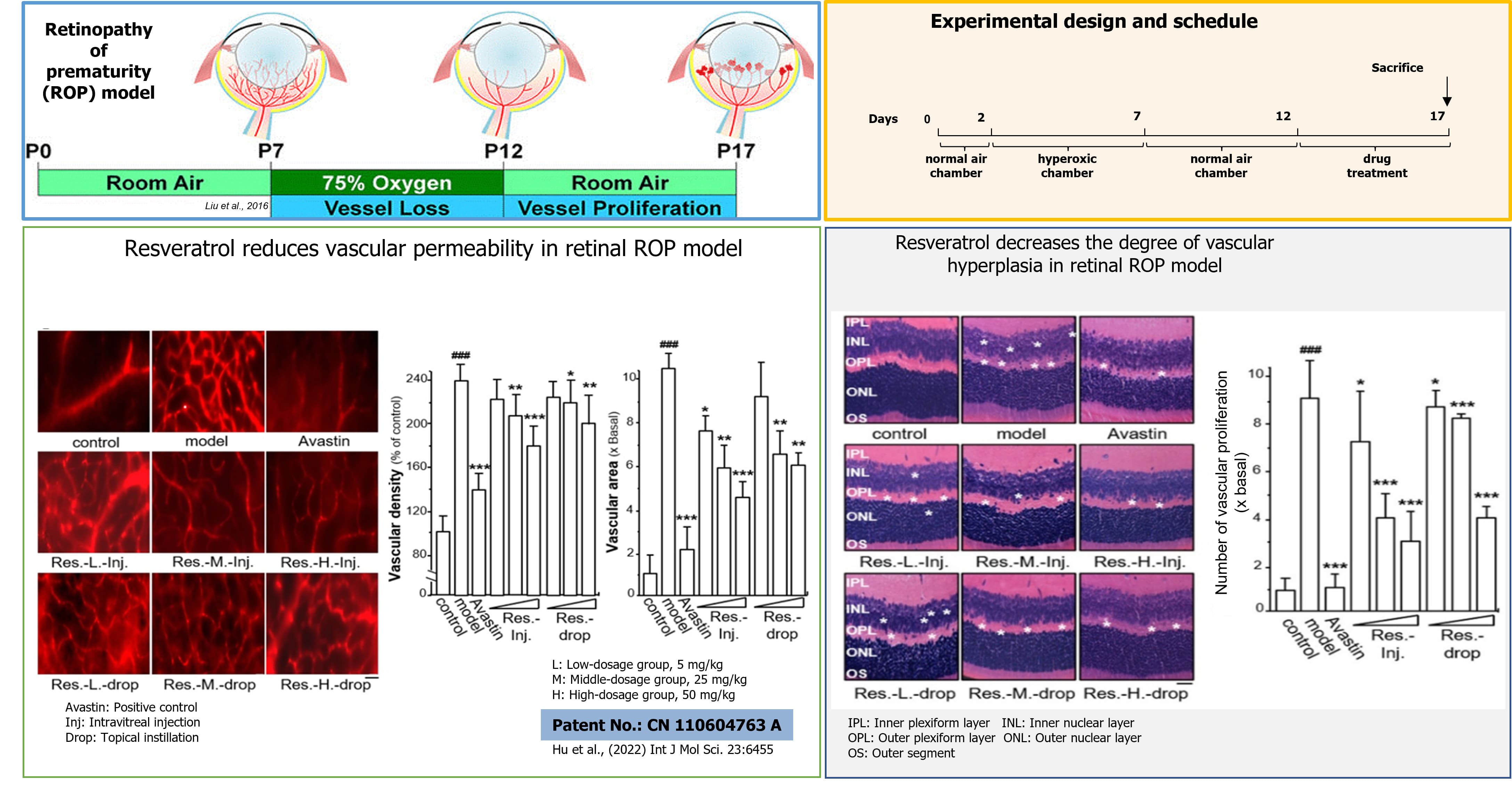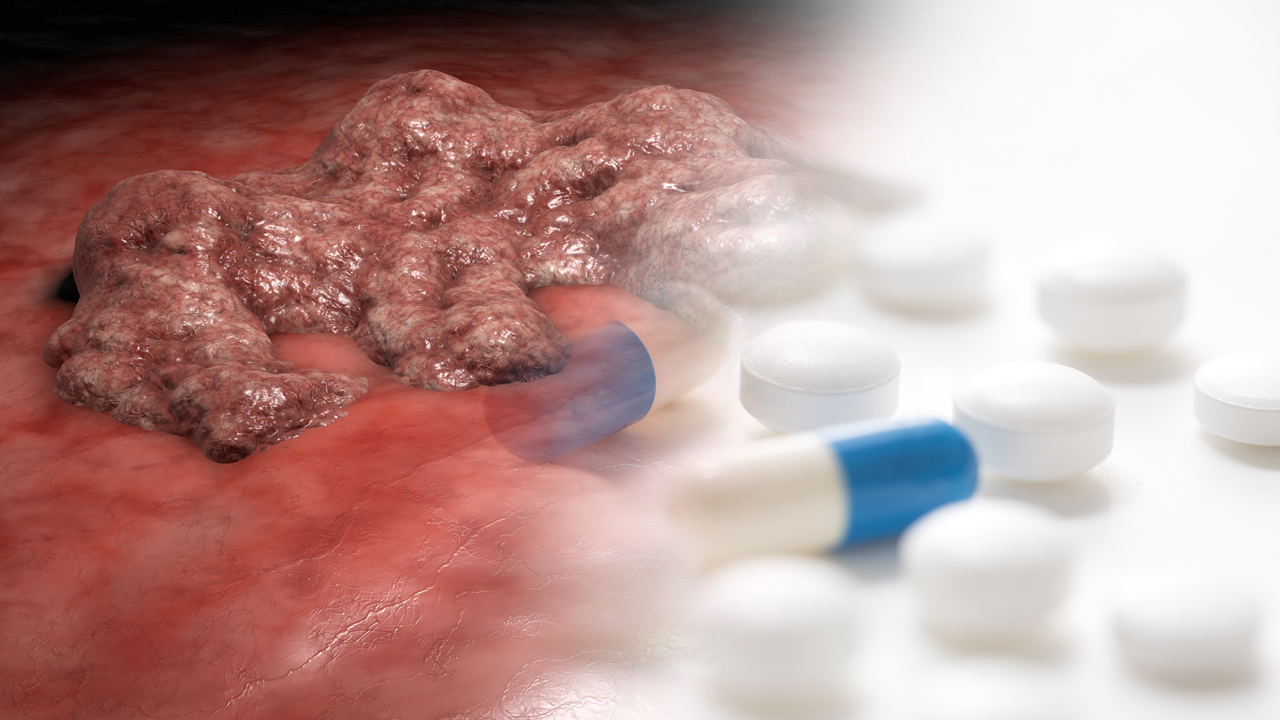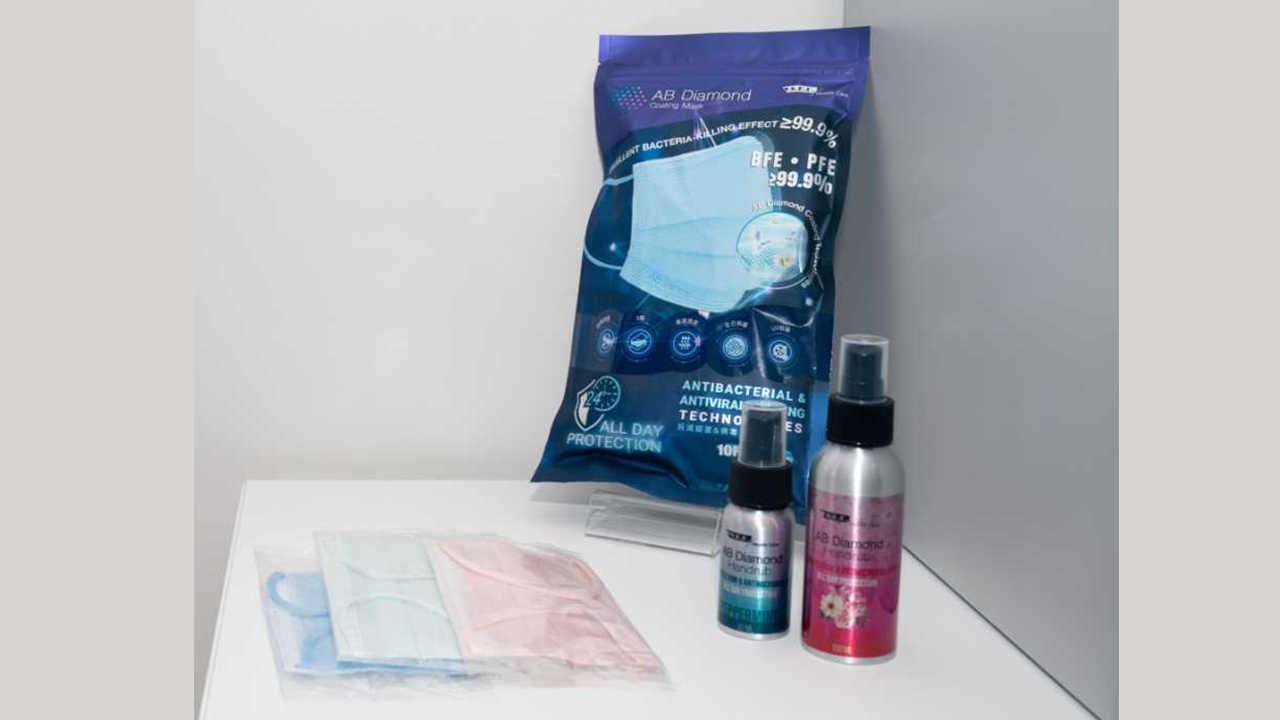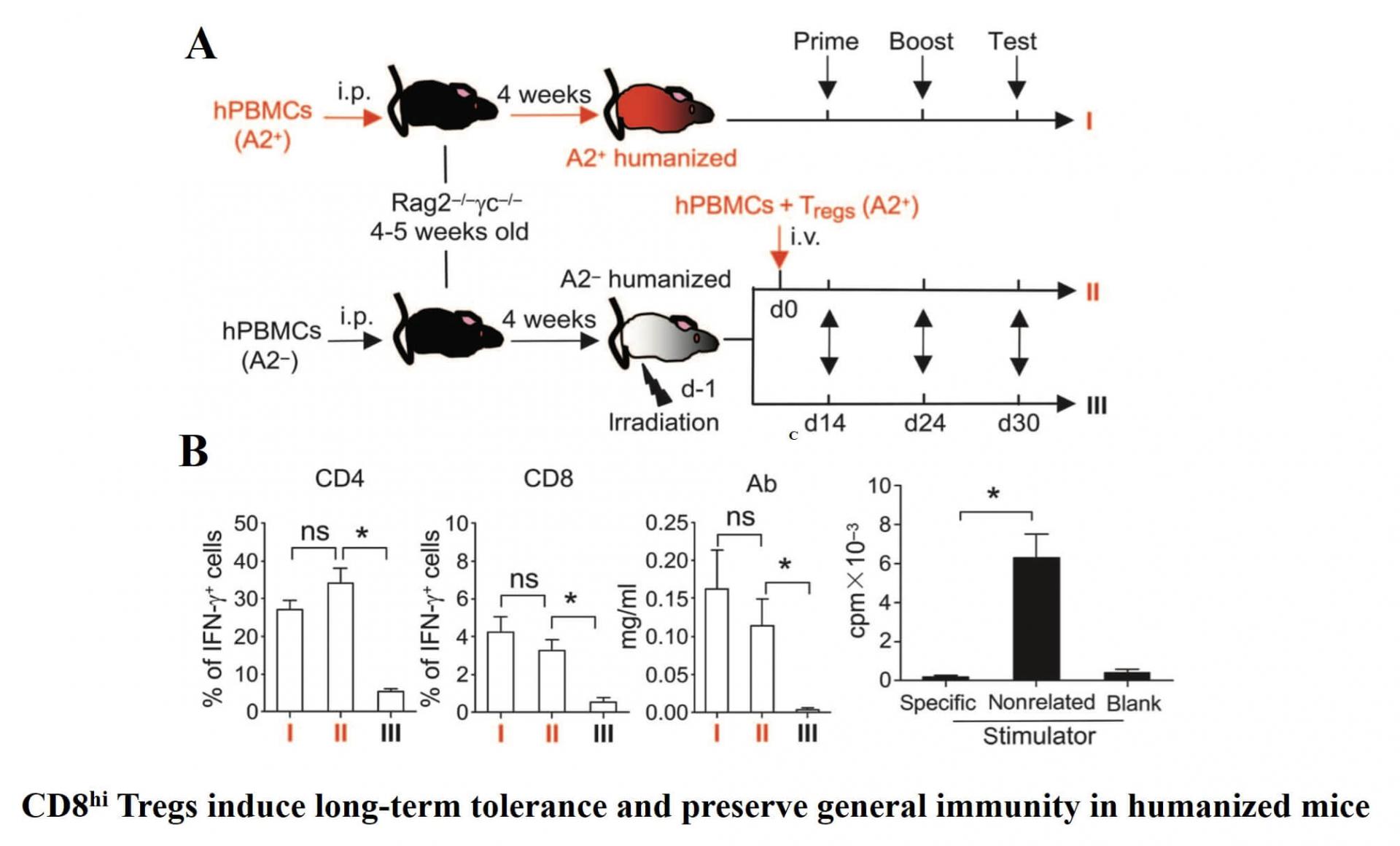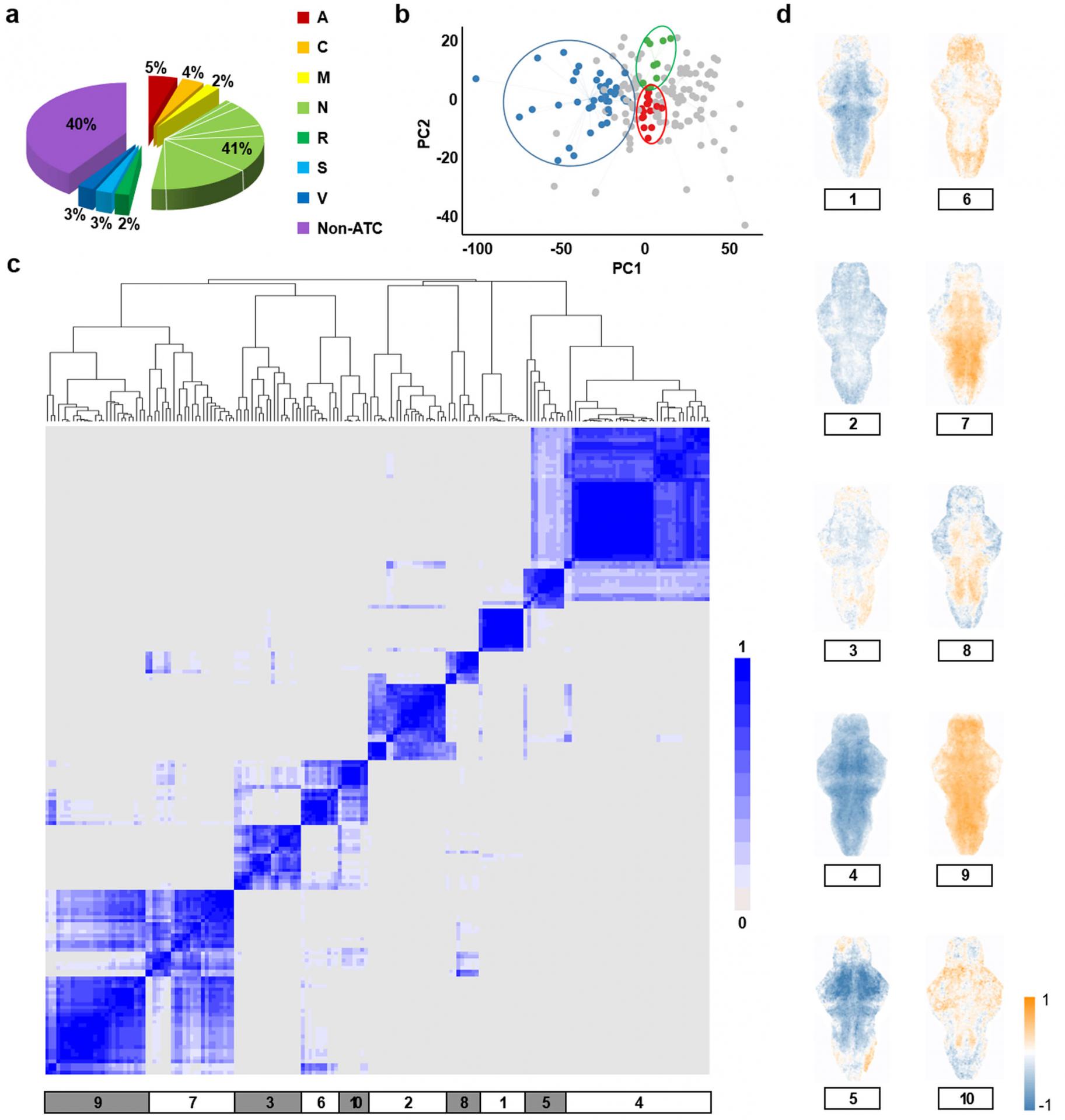
BING: A New Antibiotic from Fish
CityU scientists have discovered a new antibacterial compound from fish blood which can help battling antimicrobial resistance, the next global health crisis.
More than 1.27 million persons have died of antibiotic resistant bacterial infections in 2019 and this death toll is expected to rise to 10 million in 2050. Children born today are bracing for a “post-antibiotic era”, threatened by the same public health perils faced by their forebears 100 years ago. New solutions are desperately needed.
- BING is a natural compound present in fish blood that displays inhibitory effects on pathogenic bacteria, including drug-resistant bugs found in hospitals.
- BING can boost up the power of conventional antibiotics, making them effective against drug-resistant bugs again. BING can also delay the development of bacterial resistance against antibiotics, giving these drugs more time to act on the bugs.
- BING kills bacteria by a novel mechanism and represents a new class of antibiotics.
- The global economic burden related to antimicrobial resistance will be as high as 2.9 trillion US dollars by 2050. BING is a potentially life-saving antibiotic that tackles the global problem of bacterial antimicrobial resistance.
- BING can delay the obsolescence of conventional antibiotics, buying scientists more time to develop new antibiotics.
- Derived from a natural product in fish, BING is stable in animal serum and is highly non-toxic to fish and mammals.
- BING can also be used in aquaculture, replacing or reducing the use of conventional antibiotics.
- Bronze Medal at Invention Geneva Evaluation Days 2022
- BING and its chemical derivatives can be developed as an antibiotic drug.
- Alternatively, an essence of fish blood that is enriched with BING can be used as a supplement in wound dressings to reduce bacterial infection, or as a food supplement that boost the effectiveness of conventional antibiotics.
- BING, its chemical derivatives and BING-rich fish essence can also be used in aquaculture, in lieu of or in addition to conventional antibacterial treatment. This will potentially enhance the marketability of the resulted fish.
- In addition to BING, we have a pipeline of more than 400 fish compounds with potential antibacterial activity. This family of compounds will potentially form an arsenal of fish-based natural products against bacterial infections.
As one of the fastest growing universities in the world over the past decade, City University of Hong Kong (CityU) is recognised as a hub for innovation in research and professional education. CityU identifies solutions to critical global challenges by extending the frontiers of knowledge both within and beyond existing research paradigms.
The University’s highly qualified academics are drawn from all over the world, not only bringing a wealth of research and professional experience to the teaching programmes, but also contributing to the knowledge and technology advancement.
